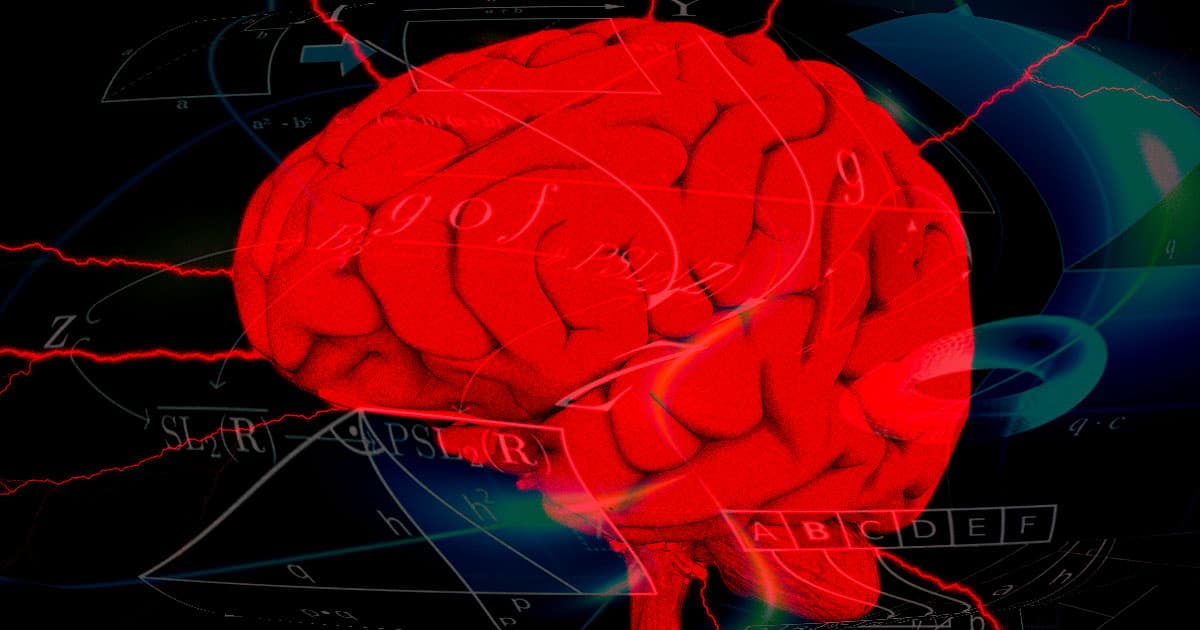All-Nighter
It turns out all of those people who tried to learn a new language or quit smoking by listening to recordings while they slept may have been on to something.
Under the right conditions, it turns out, the sleeping human brain is capable of learning new vocabulary. That's according to a study by scientists from Switzerland's University of Bern, published in the journal Current Biology in January, which demonstrates that the human brain can absorb information during slumber.
ToferHouse
Sleeping participants were played recorded word pairings. One word, like "tofer," was always made up, while the second, like "haus" was always real. If the pairing was presented during a specific point of a particular kind of brainwave, the participants would be able to answer questions about the words after they woke up.
For instance, the participants would be asked to determine whether a particular fake word would fit inside of a shoebox. "Tofer," which was paired with the word "house," cannot fit inside a shoebox, but the made-up word "aryl," having been paired with "cork," can. Brain scans taken during these tests showed similar neural activity as someone who's learned a new vocabulary word.
Study Up
But if you're planning a trip overseas, you should still probably stay awake while studying the language.
The participants didn't retain anything as complex as a new language, just some made up vocab. Even so, this research shrugs off old assumptions about the brain and shows just how dynamic a system we're housing inside our skulls.
READ MORE: New Study Says We Can Prime Our Brains to Learn While We Sleep [Discover Magazine]
More on sleepy neuroscience: Our Brains Can Make Decisions While We're Sleeping
Share This Article
